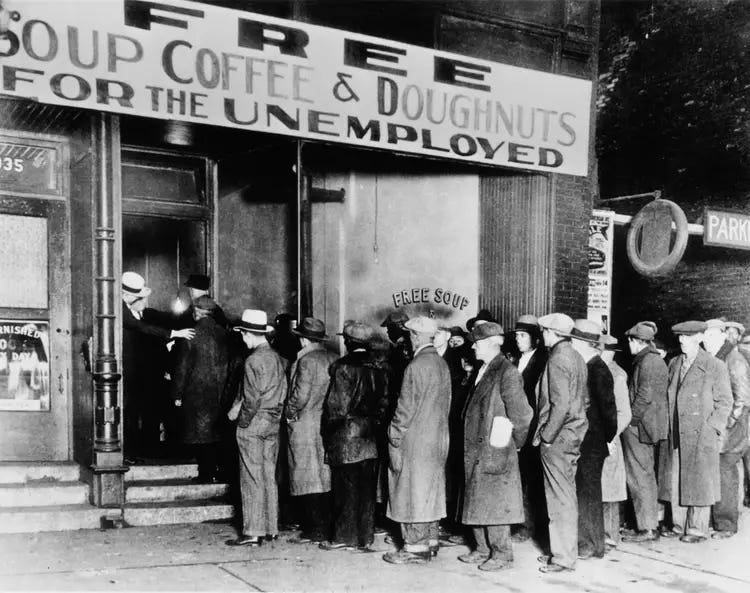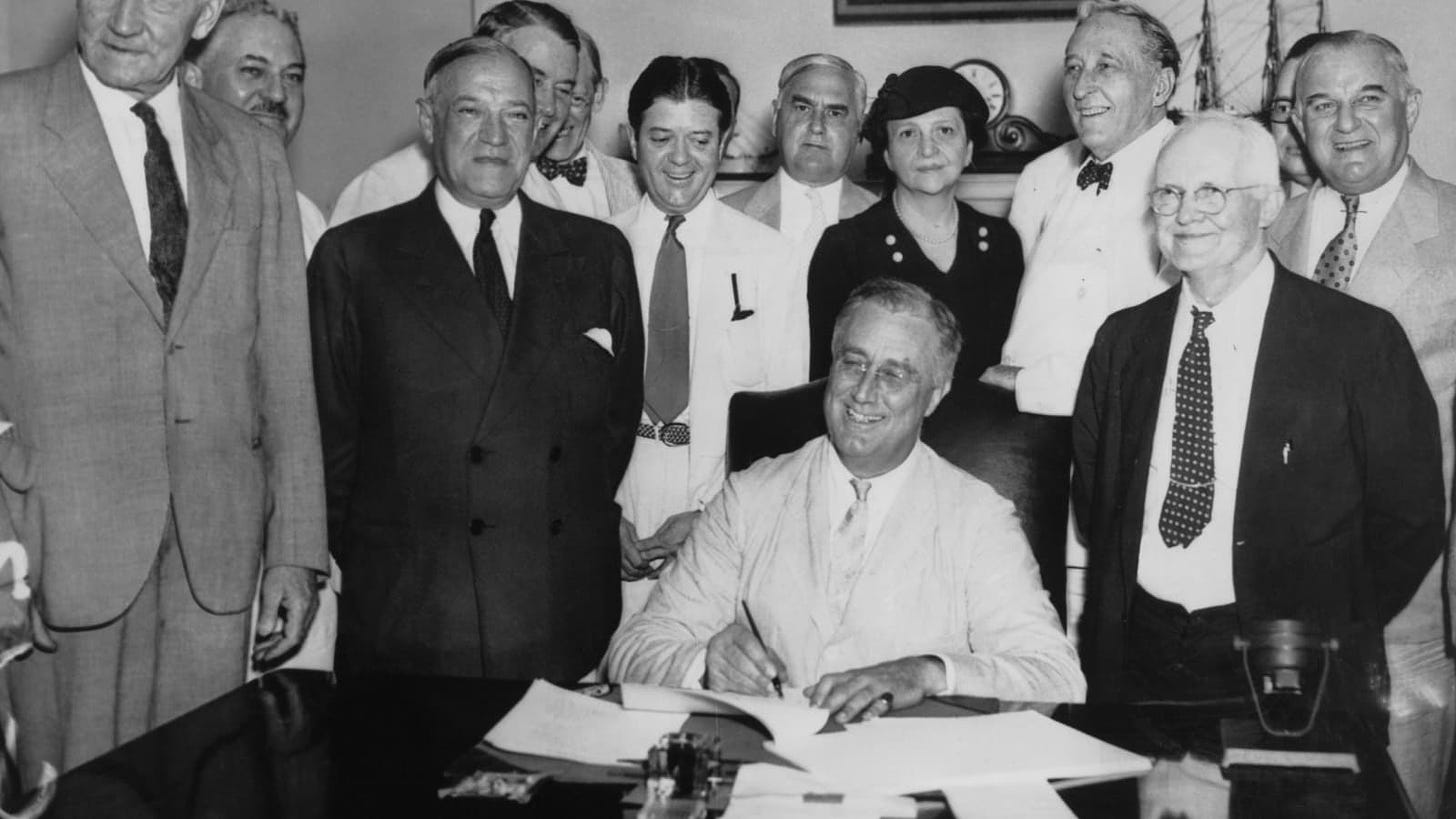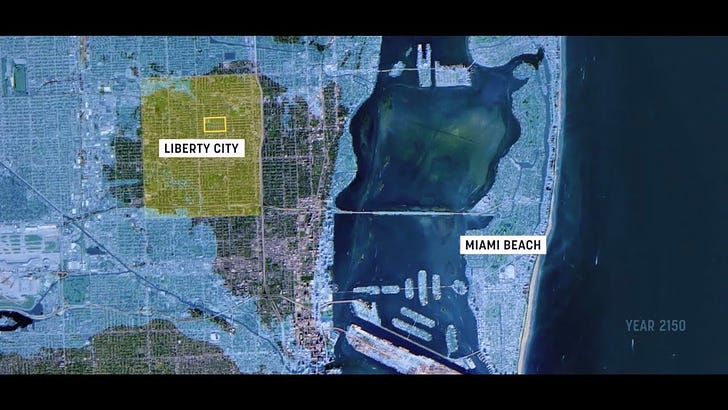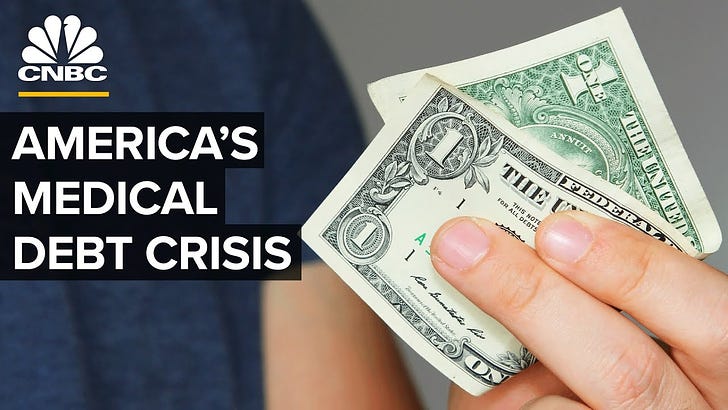
The federal law establishing unemployment compensation was part of the 1935 bill signed by President Franklin D. Roosevelt which created the Social Security system. It was designed not just to pull our economy out of the Great Depression, but to provide a safety net going forward for average working Americans, specifically when things got economically tough through no fault of their own. Unemployment Compensation helps those of working age who are temporarily out of a job, and Social Security provides a cushion for those over 65, who are no longer employed.
If you’d like an up-to-date primer on how unemployment compensation works, peruse this report created by the Congressional Research Service, updated as of April 18, 2023. It notes, among other important statistics, that when the economy has fallen into a recession, Congress and the President have acted to expand and extend unemployment benefits, most recently during the Covid-19 pandemic and resulting economic downturn.
Congress has acted nine times—1958, 1961, 1971, 1974, 1982, 1991, 2002, 2008, and 2020—to create temporary, additional UI benefits in response to recessions. Most recently, in response to the COVID-19 recession…

This report also points out that Unemployment Compensation is a joint, federal-state program, and although the federal government outlines general requirements for unemployment benefits, the specifics of the program are delegated to each state. Essentially, there are 53 different unemployment programs in the United States and territories. And the specifics include the calculations each state uses to determine both eligibility and the amount of benefits an approved applicant receives. This loose, federal oversight results in shocking differences in actual number of recipients, the amount of benefits received and how long benefits last among states.
The following 2023 numbers are from AS News, U.S., and are the maximum benefit paid each week to unemployment compensation recipients. Additionally, while most states allow 26 weeks of unemployment benefits, Florida, for example, currently caps its number of benefit weeks to a paltry 12.
Highest Paying States Lowest Paying States
Massachusetts $1,051 (+$25/dependent) Mississippi $235
Washington $999 Alabama $275
Minnesota $857 Florida $275
New Jersey $830 Louisiana $275
Hawaii $765 Tennessee $275
Interestingly, Massachusetts is the second wealthiest state in the nation determined by per-capita GDP (New York is the wealthiest), and Mississippi is the poorest state in the country ( its poverty rate is 19.8%). Further comparisons between Massachusetts and Mississippi show that the only thing these states have in common is their names start with the letter “M”. Massachusetts ranks in the top five states in quality of life, most educated residents and most residents with health insurance. Mississippi’s rankings are just the opposite…and it also happens to be the state with the most obese residents and highest maternal and infant mortality rates.
You might think I’m singling out Mississippi to disparage, particularly by comparing it with Massachusetts, but…both exist at the same time and in the same country. These topics are ones I’ve written about (or mentioned) in previous posts and each is directly related to poverty, and poverty is a reflection of government policy choices, both at the federal and state level. Poverty doesn’t exist in a vacuum. Even a cursory examination of the current unemployment compensation programs and its fallout to other areas affecting quality of life shows a disparity among states so shocking, it’s as if some states exist in an alternate universe.
Another problem with the structure of the unemployment compensation system is the funding—its revenue comes from taxes on employers. According to Robert Moffitt, a professor of economics at John Hopkins University:
States competing to be the most business-friendly, with the lowest taxes, will sort of naturally allow their unemployment systems to become underfunded.
And what follows is these states shorten benefit times, reduce weekly payments and/or increase hurdles to qualify. A few unfortunate examples include Arizona, where “nearly 70% of unemployment insurance applications are denied, Tennessee rejects nearly 6 in ten applications and in Florida, only one in ten unemployed workers receive benefits.”
Is this why some states approve less applications than others, pay considerably less benefits than others— because these states have lower unemployment taxes on business and thus less money to play claims? I plan to write a follow-up post in a few days, discussing specific administrative hurdles to receiving unemployment in Ohio and my personal experience with the unemployment application process in the Buckeye State.
–———————————————————————————————————
In the meantime, I’d love to hear your thoughts on the unemployment compensation laws and processes. Have you applied in your state and what was the outcome? Was the process easy or littered with burdensome requirements? Let me know in the Comment Section below.
And if you are not already a subscriber, why not take this opportunity to join our community with a free or paid subscription? A new paid subscription or an upgrade from a free to paid subscription will allow me to expand this newsletter with additional, primary source information, like interviews and public information requests, and expanded podcast offerings to include real, live guests. Although I won’t be going on strike any time soon, the current TV writer’s strike demonstrates that writer’s deserve to be paid, and paid well for their work, just like any other profession. Thank you in advance for your financial support of my writing!














The Unemployment Compensation System Lets Too Many People Fall Through The Cracks...